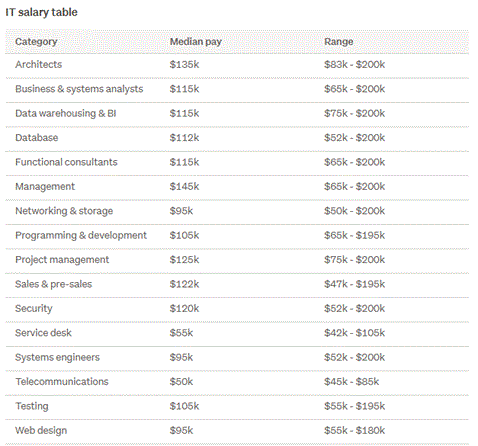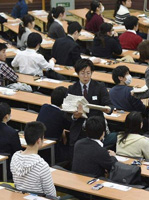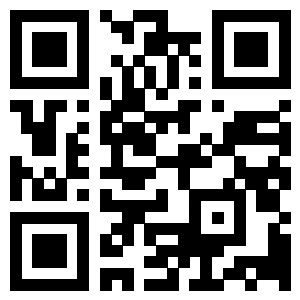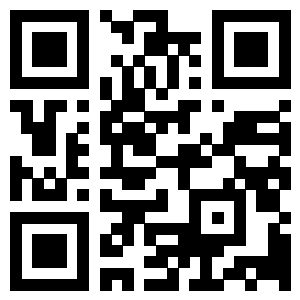2015英语六级写作常见错误分析:标点符号
标点符号用法讲练
EXERCISE 1
1. The…identity: Lt, Henry Bedell, Company D, 11th Vermont Volunteers…old.
2. It…that Dad…already-farming 80 acres…job.
3. Now I’m…point-but what …there?
4. Rain, snow, sleet, fog…world.
5. During…tourists; during the winter…beach.
6. To…extent, mankind…earth.
7. Like…wild life,…reproduce, grow…fall.
8. The…Jim Thorpe, the greatest American…times.
9. The…enormous, juicy…appetizing.
10. I…kids-educated…the West…movies-would be disappointed.
11. I…statue. Its soul, so to speak, is…beauty.
12. The…students, teachers, doctors, businessmen, factory workers-people…life.
13. Is…underground-in new…caves?
14. I…-by correspondence-that I…her at Beijing Hotel…Thursday.
15. Passengers…beverages: coffee, tea, milk or soda.
16. Present…Mr. Ho, Chairman…English Department; Mr. Brown, a visiting…Denmark; and…us.
17. The…patients; it…of “defensive medicine”.
18. His…with them-he had…once made…help.
EXERCISE 2
1….work, for…
2….down; as a result, we…
3….note; it…
4….watch, yet…
5…..tired, so…
6. …booming; consequently, the company…
7. …in it, and it was…
8. … looking; the food, however, is…
9….compulsory; the students… choice, therefore
10…coffee; others…
11…costly; nevertheless, we…
12…weightlessness; moreover, they…
EXERCISE 3
1. … death; …
2. …sunlight. We…/…sunlight; we…
3. …May, yet/but snow…
4. …years; for example, …
5. …quiet; …
6. …night; I…/….night, and/so I…
7. …punished; in fact…/…punished. In fact…
8. …food, and so…./food; therefore, I….
9. …very; what…./…vary. What…
10. …TV; Marie…/…TV, and Marie…
EXERCISE 4
1. “On Friday,” the teacher announced, “we’ll take up a new lesson.”
2. “ What,” he asked, “do we have to prepare for the camping trip?”
3. C
4. He greets everyone with “Hi!”
5. “You may think I have a lot of garbage in these bags,” one shopping-bag lady volunteered in a church soup kitchen, “but it’s everything I need.”
6. C
7. “It pains me,” I said, “to find that you both have been panhandling so long that it no longer embarrasses you.”
8. Retirement often brings many problems surrounding the “What do I do with myself?” question, even though there may be no financial worries.
EXERCISE 5
1. At one o’clock on September 2, 1666, the Great Fire of London started inside a baker’s shop in Pudding Lane. It lasted five days, and nearly 80% of all the buildings within the London Wall were razed. According to the official report, 13,200 houses, 87 parish churches, over 400 streets, and the enormous old St. Paul’s Cathedral-one of the wonders of the medieval world-were in ruins. Out of London’s 450 acres, only 75 remained untouched.
Robert Hubert, a French watchmaker from Rouen, was accused of the fire. The sentence said he “had deliberately started the fire”. After he was hanged, it was conclusively proved that he had not even arrived in London until two days after the fire broke out.
2. Mr. Jones was very fond of climbing mountains, so one year he went to Switzerland for his holidays. After he had climbed some easy mountains, he decided one day to climb a more difficult one; but he did not wnt to go up it alone, so he found a good Swiss guide, who had often climbed that mountain.
At first it was not a difficult climb, but then they came to a place which was not so easy. The guide stopped, turned round and warned Mr Jones. “Be careful here,”he said “This is a dangerous place. You can easily fall, and if you do, you will fall straight down a very long way.” “But,”he continued calmly, “if you do fall here, don’t forget to look to the right while you are going down. There is a quite extraordinarily beautiful view there-much more beautiful than the one you can see from here.”
3. It is the simple things that really matter. If a man delights in his wife and children, has success in work, and finds pleasure in the alternation of day and night, spring and autumn, he will be happy whatever his philosophy may be. If, on the other hand, he finds his wife hateful, his children’s noise unendurable, and the office a nightmare, if in the daytime he longs for night, and at night he sighs for the light of day-then what he needs is not a new philosophy but a new pattern of life-a different diet, or more exercise. Man is an animal, and his happiness depends on his physiology more than he likes to think. Unhappy business men, I am convinced, would increase their happiness more by walking six miles every day than by any conceivable change of philosophy.
- 相关阅读







